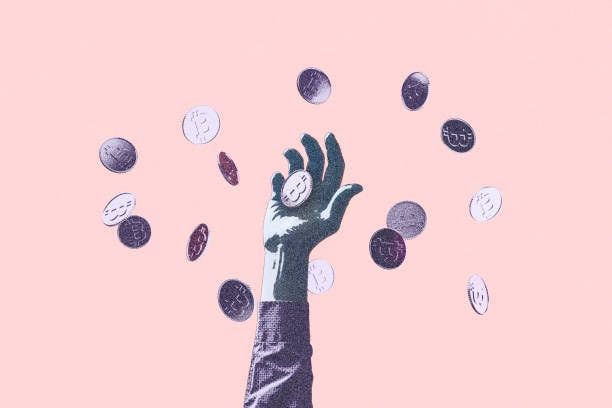858 reads
Why Bitcoin Preserves Our Ability to Save
by
December 7th, 2022
Audio Presented by

I write about the intersection of tech, history & culture - BrooksLockett.com -
Story's Credibility

About Author
I write about the intersection of tech, history & culture - BrooksLockett.com -
